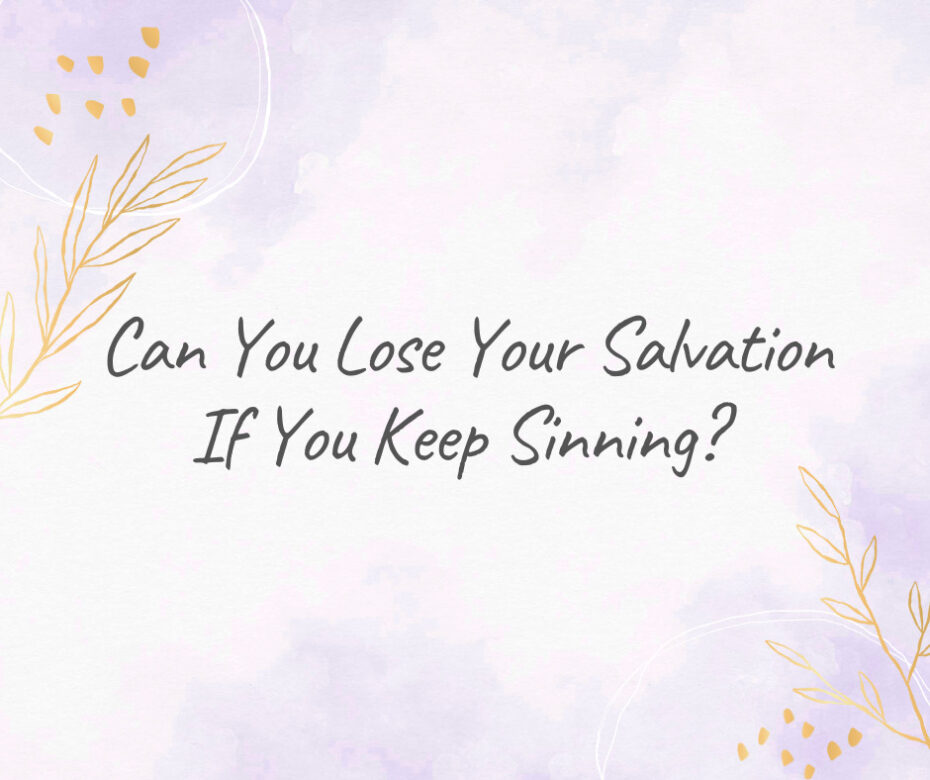I remember the day I left my first church.
I was around 18 years old and had been a Christian for less than a year when I started attending my friend’s charismatic church. I was brand new to Christianity and didn’t know about different types of Christians, but I loved the worship there. Eventually, I got water baptized and became part of the worship team as the bassist. It was the first church I ever joined. I think I was there for close to three years.
However, over those years, I grew to doubt what was happening around me.
For example, people would pray in tongues, but that never happened to me. I went up front many times to have hands laid on me, but I never fell to the ground. And when they tried to teach me how to pray like that, I felt like I was faking it. So I didn’t.
People also told stories about healing. They might hear from a friend that someone else at another church had woken up with their cavities filled. Or they heard a story from another pastor about a congregant whose cancer had disappeared. But aside from professions of healed headaches and sore shoulders, the people with obvious physical difficulties never got better. Why not? Why weren’t miracles happening here?
And finally, though people would stand up to give prophecies, their messages sounded like Hallmark card announcements—that God wanted to bring refreshing rain after the dry season, that revival would come soon, or that the Lord urged us to stay firm amid suffering. But the revivals never came, and much of what was said was unverifiable. Was that really prophecy?
My doubts grew.
But one day, at a denominational conference, the main speaker gave a sermon on Matt 7:19:
“Every tree that does not bear good fruit is cut down and thrown into the fire.”
The preacher explained that the fruit is a new convert. And he warned everyone in the room that if we did not convert an unbeliever in the next two to three years, God would cut us down with a chainsaw and throw us into the fires of hell.
I was stunned.
I looked around the room, full of pastors and prophets, expecting someone to stand up and shout, “That’s false!” But no one did.
I was deeply upset when I left the conference and took the bus home. I thought to myself, “I did nothing to merit salvation. Nothing! I was an ungodly sinner and still am. And I am justified by faith apart from works. If I did nothing to earn my salvation, then there is absolutely nothing I can do to lose it!” I don’t think anyone told me about eternal security (not to my recollection). That’s just what seemed true to me, given the doctrine of justification by faith apart from works.
And besides, I can’t save anyone! God does. My responsibility is to plant gospel seeds, not save souls.
When I confronted my pastor with those issues, he confirmed the denomination believed you could lose your salvation and end up in hell. However, he thought the conference preacher was being hyperbolic.
I never attended that church again.
I joined the Baptists soon after. (However, I did miss the worship time at my former church!)
When I speak to people who profess to believe in justification by faith apart from works, but who also worry they may lose their salvation if their behavior does not significantly improve, I like to emphasize that since they did nothing to earn their salvation, they could do nothing to lose it.
I recently came across this quote from Paul Ellis:
Can you lose your salvation if you keep sinning? Let me put it to you this way: Can you win your salvation if you don’t? The answer to one is the answer to the other, and that answer is no.
Just as your righteous acts don’t qualify you, your unrighteous acts don’t disqualify you. Jesus is your salvation, and the Holy Spirit within is your eternal guarantee (Ellis, The Gospel in Twenty Questions, p. 129).


